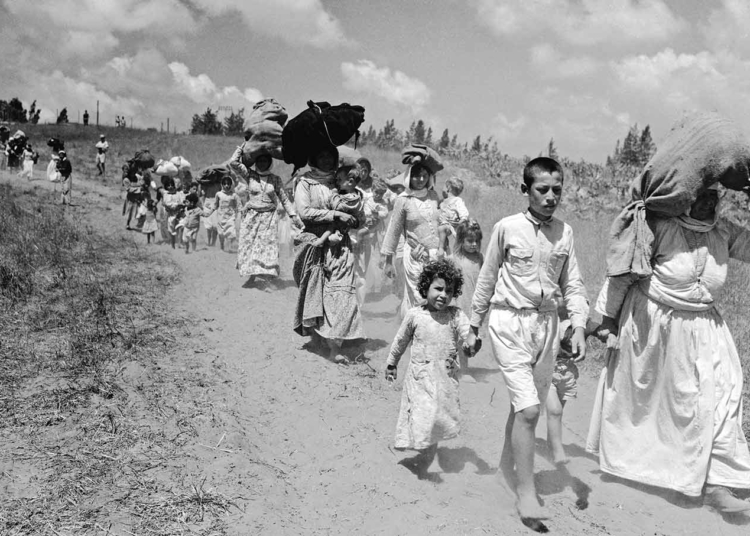The Israel-Palestine conflict is a complex and enduring struggle that has significant global reverberations. Rooted in historical, religious, and geopolitical tensions, the conflict dates back to the late 19th century with the rise of Zionism and Jewish immigration to Palestine. Major events such as the establishment of Israel in 1948 and the Six-Day War in 1967 have exacerbated tensions and hindered peace efforts. The conflict has led to worldwide debates and controversies, impacting international relations and security. Despite numerous peace initiatives, achieving a lasting resolution requires dialogue, compromise, and support from the international community. Breaking the cycle of violence is essential for a brighter future for all affected by the conflict.
The Israel-Palestine Conflict: An Enduring Struggle with Global Reverberations
Background
The Israel-Palestine conflict has been ongoing for decades, rooted in historical, religious, and geopolitical tensions. The conflict traces its origins to the late 19th century when Jewish immigration to Palestine increased due to the rise of Zionism, a movement advocating for the establishment of a Jewish state in the region. This influx of Jewish settlers led to tensions with the Palestinian Arab population, who feared displacement and loss of their land.
Major Events and Developments
Over the years, the conflict has seen several major events and developments that have further escalated tensions and hindered efforts towards peace. The establishment of the state of Israel in 1948 led to the displacement of hundreds of thousands of Palestinians, resulting in widespread resentment and anger. The 1967 Six-Day War further intensified the conflict, with Israel occupying the West Bank, Gaza Strip, and East Jerusalem.
Global Reverberations
The Israel-Palestine conflict has global reverberations, impacting not only the region but also international relations and security. The conflict has stirred debates and controversies in the United Nations and among other global bodies, with countries taking sides and advocating for different resolutions. The ongoing violence and instability in the region have also contributed to the rise of extremism and terrorism, posing a threat to global security.
Efforts Towards Peace
Despite the enduring nature of the conflict, there have been numerous efforts towards peace and reconciliation. Various peace initiatives, negotiations, and agreements have been put forth by international mediators, including the United States, the European Union, and the United Nations. However, these efforts have often been met with obstacles and setbacks, primarily due to deep-rooted distrust and diverging interests.
The Road Ahead
As the Israel-Palestine conflict continues to endure, it is essential for all parties involved to commit to dialogue, diplomacy, and compromise. A comprehensive and lasting resolution to the conflict will require difficult compromises and concessions from both sides, as well as the support and engagement of the international community. Only through a genuine commitment to peace and justice can the cycle of violence and suffering be broken, paving the way for a brighter future for all those affected by the conflict.













